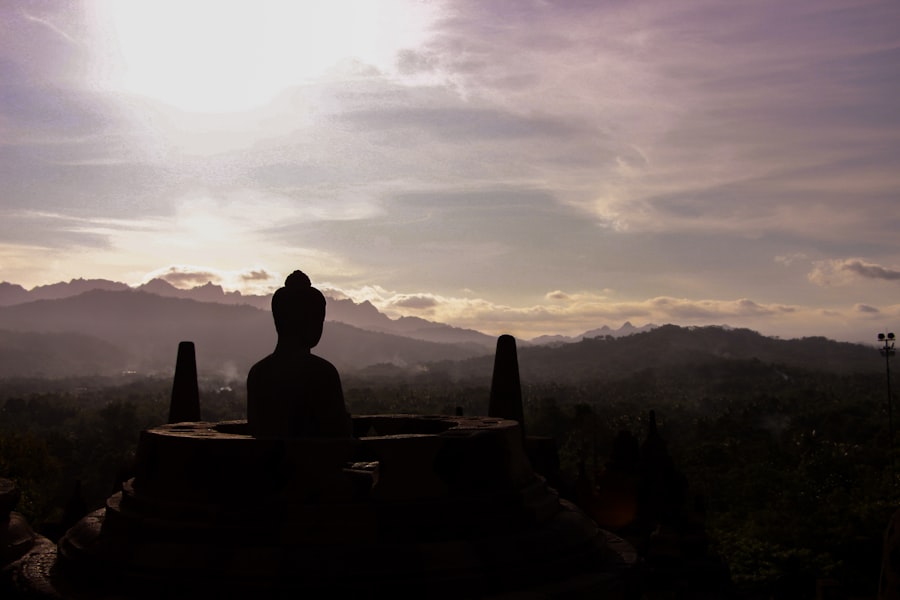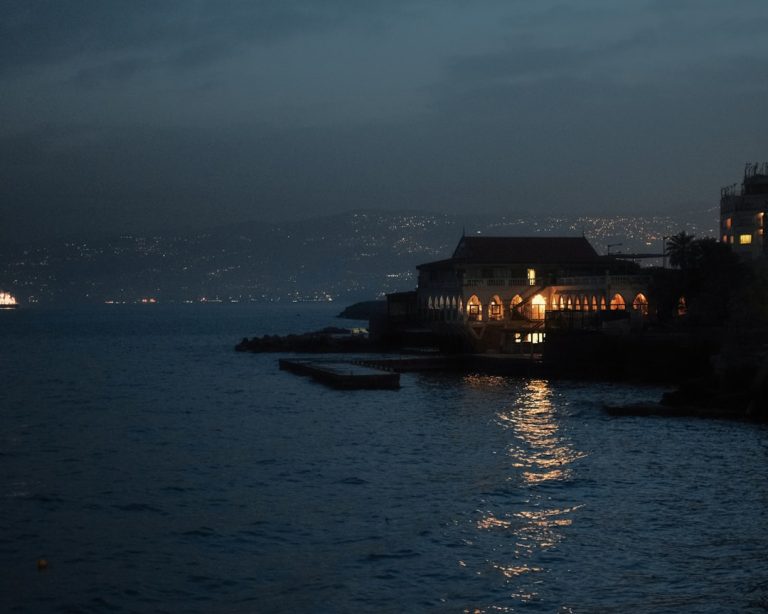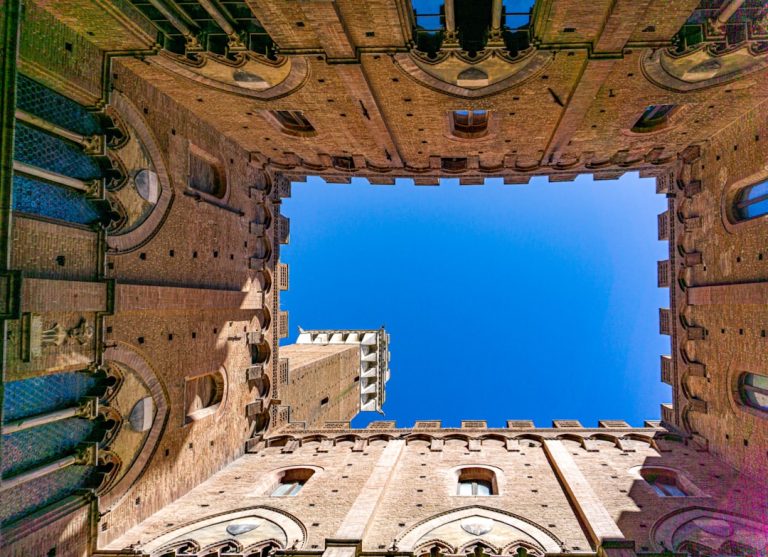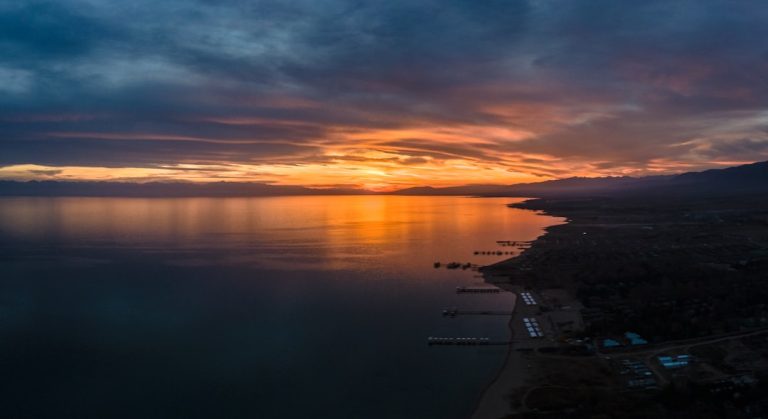
Indonesia, an archipelago of over 17,000 islands, is a nation that boasts a rich tapestry of cultures, languages, and landscapes. Stretching across the equator, it is the largest island country in the world and the fourth most populous nation, with more than 270 million inhabitants. The diversity of its people is reflected in the multitude of ethnic groups, each with its own traditions, languages, and customs.
From the bustling streets of Jakarta to the serene beaches of Bali, Indonesia offers a unique blend of modernity and tradition that captivates travelers from around the globe. The geographical expanse of Indonesia is as varied as its cultural heritage. The country is home to some of the most active volcanoes on the planet, lush rainforests teeming with wildlife, and pristine beaches that attract sun-seekers and adventurers alike.
The climate is predominantly tropical, characterized by high humidity and significant rainfall, which contributes to the lush landscapes that define many of its islands. This natural beauty, combined with a rich cultural history, makes Indonesia a compelling destination for those seeking both adventure and insight into a diverse way of life.
Key Takeaways
- Indonesia is a diverse and vibrant country made up of thousands of islands, each with its own unique culture and attractions.
- The country has a rich history and is home to a variety of cultural traditions, including dance, music, and art.
- Must-visit places in Indonesia include the bustling capital city of Jakarta, the ancient temples of Borobudur and Prambanan, and the beautiful beaches of Bali.
- Indonesia is home to natural wonders such as the Komodo National Park, Mount Bromo, and the stunning rice terraces of Bali.
- Travelers to Indonesia can experience unique sights and experiences such as visiting traditional villages, exploring underwater worlds while diving, and trying local cuisine like nasi goreng and sate.
Historical and Cultural Facts
Indonesia’s history is a complex narrative shaped by various influences over centuries. The archipelago has been a crossroads for trade since ancient times, attracting merchants from India, China, and the Middle East. This interaction led to the establishment of powerful kingdoms such as Srivijaya and Majapahit, which played pivotal roles in regional trade and cultural exchange.
The arrival of European colonizers in the 16th century marked a significant turning point in Indonesian history. The Dutch East India Company established control over many islands, leading to centuries of colonial rule that profoundly impacted the local culture and economy. The struggle for independence began in the early 20th century, culminating in a declaration of independence in 1945 after World War
This period was marked by significant political upheaval and social change as various factions vied for power. The subsequent years saw the emergence of Sukarno as Indonesia’s first president, who sought to unify the diverse nation under a banner of nationalism. Today, Indonesia is a democratic republic with a vibrant political landscape, yet it continues to grapple with the legacies of its colonial past and the challenges of maintaining unity among its diverse population.

Culturally, Indonesia is a mosaic of traditions and practices. With over 300 ethnic groups and more than 700 languages spoken across the islands, each region has its own unique customs and beliefs. The Balinese Hindu culture is particularly renowned for its elaborate ceremonies and artistic expressions, while the Javanese are known for their refined court traditions and gamelan music.
Festivals such as Nyepi in Bali and Idul Fitri celebrated by Muslims nationwide showcase the rich cultural tapestry that defines Indonesian society. The relevant word “Balinese Hindu culture” can be linked to a high authority source such as Encyclopedia Britannica, which provides in-depth information about the topic. Here is the HTML link: Balinese Hindu culture
Must-Visit Places in Indonesia
| Place | Location | Reason to Visit |
|---|---|---|
| Bali | Bali Province | Beautiful beaches, rich culture, and vibrant nightlife |
| Borobudur Temple | Central Java | One of the largest Buddhist temples in the world |
| Raja Ampat | West Papua | Stunning marine biodiversity and pristine beaches |
| Yogyakarta | Yogyakarta Province | Rich Javanese heritage, including the Kraton and Prambanan Temple |
| Komodo National Park | East Nusa Tenggara | Home to the Komodo dragon and beautiful diving spots |
When it comes to must-visit destinations in Indonesia, Bali often tops the list. Known as the “Island of the Gods,” Bali is famous for its stunning beaches, vibrant nightlife, and rich cultural heritage. Ubud, located in the island’s interior, is a hub for art and spirituality, offering visitors a chance to explore traditional crafts, yoga retreats, and lush rice terraces.
The iconic Tanah Lot Temple perched on a rocky outcrop overlooking the ocean is another highlight that draws countless tourists seeking breathtaking views and spiritual experiences. Another essential destination is Yogyakarta, often referred to as the cultural heart of Java. This city is renowned for its historical significance and artistic heritage.
Visitors can explore the magnificent Borobudur Temple, a UNESCO World Heritage site that dates back to the 8th century and is one of the largest Buddhist monuments in the world. Nearby Prambanan Temple complex showcases stunning Hindu architecture and intricate carvings that tell stories from ancient epics. Yogyakarta also offers vibrant street art scenes and traditional markets where visitors can immerse themselves in local culture.
For those seeking adventure beyond Bali and Java, Komodo National Park presents an extraordinary opportunity to witness the famous Komodo dragons in their natural habitat. This UNESCO World Heritage site comprises several islands known for their rugged landscapes and rich marine biodiversity. Snorkeling or diving in the crystal-clear waters reveals vibrant coral reefs teeming with marine life, making it a paradise for underwater enthusiasts.
Natural Wonders and Landmarks
Indonesia’s natural wonders are as diverse as its cultural offerings. One of the most iconic landmarks is Mount Bromo, an active volcano located in East Java. Known for its breathtaking sunrise views over a sea of clouds, Mount Bromo attracts photographers and nature lovers alike.
The surrounding Bromo Tengger Semeru National Park offers opportunities for hiking and exploring unique volcanic landscapes. Another remarkable natural wonder is Lake Toba, situated on Sumatra Island. This massive crater lake is one of the largest in the world and is surrounded by lush hills and traditional Batak villages.
The Raja Ampat Islands in West Papua are often hailed as one of the most biodiverse marine regions on Earth. With crystal-clear waters, vibrant coral reefs, and an abundance of marine life, this archipelago is a haven for divers and snorkelers.
The stunning karst formations rising from the sea create a dramatic backdrop for exploration, making Raja Ampat a must-visit for nature enthusiasts.
Unique Sights and Experiences

Indonesia offers an array of unique sights and experiences that go beyond traditional tourist attractions. One such experience is attending a traditional Balinese ceremony or festival. These events are characterized by elaborate rituals, colorful offerings, and vibrant performances that provide insight into Balinese spirituality and community life.
Another distinctive experience can be found in Toraja, located in South Sulawesi. This region is known for its elaborate funeral rites and unique architecture characterized by traditional Tongkonan houses with their distinctive boat-shaped roofs.
Visitors can witness traditional ceremonies that celebrate life and death while learning about Torajan customs that emphasize community bonds and ancestral worship. For those interested in culinary adventures, Indonesia’s diverse cuisine offers a tantalizing journey through flavors and ingredients. Each region boasts its own specialties; for instance, Padang cuisine from West Sumatra features spicy dishes served family-style, while Javanese cuisine emphasizes sweet flavors with dishes like Gudeg (young jackfruit stew).
Street food markets are abundant throughout cities like Jakarta and Yogyakarta, where travelers can sample local delicacies such as Satay skewers or Nasi Goreng (fried rice).
Tips for Traveling in Indonesia
Traveling in Indonesia requires some preparation to ensure a smooth experience given its vastness and diversity. First and foremost, understanding local customs and etiquette is crucial. Indonesians are known for their hospitality; however, respecting cultural norms—such as dressing modestly when visiting temples or removing shoes before entering homes—is essential to fostering positive interactions with locals.
Transportation can vary significantly across different regions. While major cities like Jakarta have developed public transportation systems, many areas rely on informal transport options such as ojeks (motorcycle taxis) or bemos (minibuses). For inter-island travel, domestic flights are often the most efficient way to cover long distances quickly; however, ferries also connect many islands for those seeking a more scenic route.
Language can be another barrier; while Bahasa Indonesia is the official language spoken throughout the country, many regional languages exist alongside it. Learning basic phrases in Bahasa Indonesia can enhance communication with locals and demonstrate respect for their culture. Additionally, travelers should be mindful of health precautions such as vaccinations or mosquito repellent due to tropical diseases prevalent in certain areas.
In conclusion, Indonesia stands as a captivating destination that offers an unparalleled blend of natural beauty, rich history, and vibrant culture. From its stunning landscapes to its diverse traditions, every corner of this archipelago invites exploration and discovery. Whether you seek adventure in its national parks or wish to immerse yourself in local customs at traditional ceremonies, Indonesia promises an unforgettable journey filled with unique sights and experiences that resonate long after your visit has ended.
If you’re interested in exploring more about Southeast Asia, you might find the article on Brunei intriguing. Like Indonesia, Brunei offers a unique blend of modern attractions and rich cultural heritage. The article titled “Brunei Facts and Places to Visit” provides an insightful overview of what this neighboring country has to offer, from its majestic mosques to the pristine rainforests that are home to diverse wildlife. To learn more about Brunei and its must-visit destinations, you can read the full article here.
FAQs
What are some interesting facts about Indonesia?
– Indonesia is the world’s largest archipelago, consisting of over 17,000 islands.
– It is the fourth most populous country in the world, with over 270 million people.
– Indonesia is home to the world’s largest flower, the Rafflesia Arnoldii, and the world’s largest lizard, the Komodo dragon.
What are some popular places to visit in Indonesia?
– Bali: Known for its beautiful beaches, vibrant nightlife, and rich culture.
– Jakarta: The capital city with a mix of modern skyscrapers and historic landmarks.
– Yogyakarta: Famous for its ancient temples, including Borobudur and Prambanan.
What are some must-see sights in Indonesia?
– Borobudur Temple: A UNESCO World Heritage site and the world’s largest Buddhist temple.
– Komodo National Park: Home to the Komodo dragon and stunning marine life for diving.
– Mount Bromo: An active volcano with a surreal landscape for sunrise viewing.



